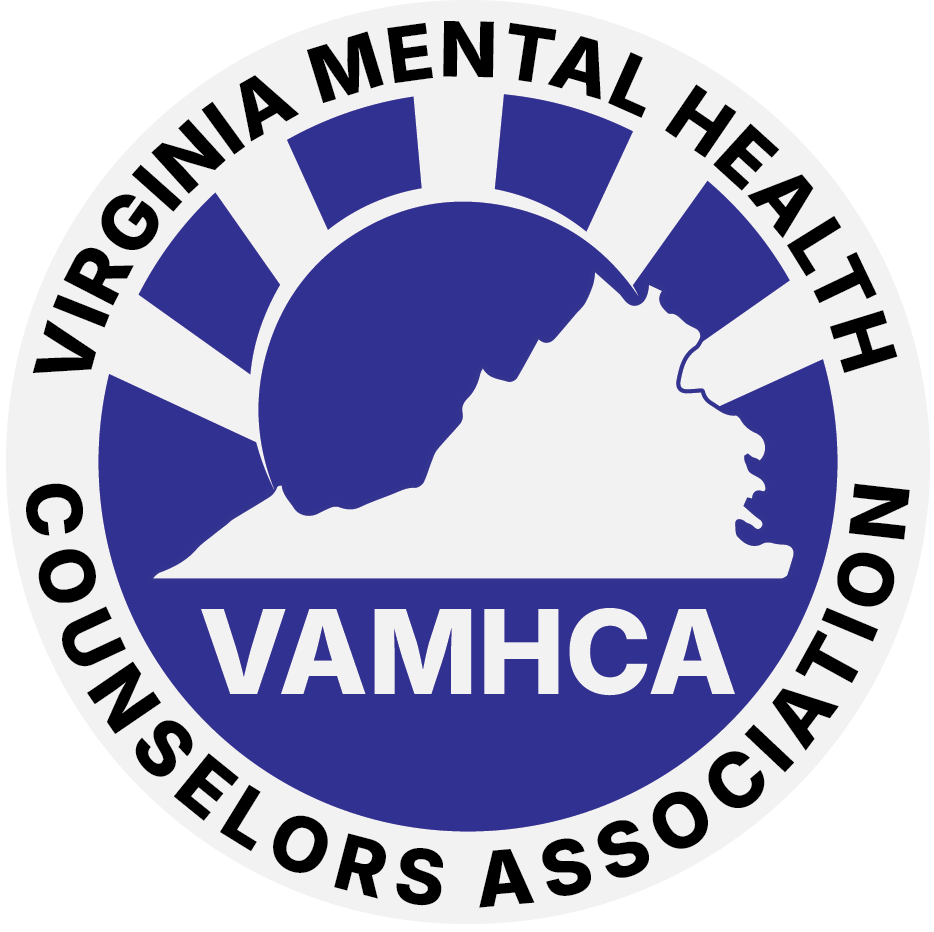Brought to you by the Virginia Mental Health Counselors Association

About the Event:
In this session, participants take part in a short simulation, experiencing firsthand how poverty affects the brain. Coping with poverty overwhelms the brain and impairs its executive function, narrowing a person’s focus to the immediate, urgent demands. Participants understand in an entirely new way how “poor” decisions make perfect sense.
After a debrief from the simulation, we cover the brain science basics in layperson’s terms. What happens when a person has less access to their mental resources? Not only does chronic mental stress affect decision-making, it also influences the person’s physical health in surprising ways. The impact of the poverty-environment – both physical and social – greatly affects
physical health, aside from a person’s health behaviors.
In the last segment, we show different ways to apply this knowledge to real-life work situations. A person receives help differently when coping with poverty is commanding their time, energy, and resources. For example, a person is much less interested in a short-term action that leads to a long-term benefit, if they are struggling with meeting basic needs today. Using an evidence-based list of factors, participants learn how to find effective ways to help clients in poverty.
Learning Objectives
By the end of this session, participants will be able to:
- Describe how poverty influences brain function, decision-making, and health and education outcomes.
- Explain factors that interfere with a person’s ability to receive, process, and act upon new information while living in poverty.
- Demonstrate applying an evidence-based framework to evaluate the mental and other demands that a service imposes on people.
About the Presenter
Linda Riddell, MS, Founder of Health Economy LLC
Linda Riddell is an epidemiologist specializing in poverty. Writing about and presenting brain science concepts has been a focal point for her work. From her years working as an epidemiologist and specializing in poverty, she created “gettin’ by”, a training program to help professionals work more effectively with low-income people. The centerpiece of the program is
a game that puts the players’ brains through the same changes that happen to a person living in poverty.
In 2019, after five years of testing and development, she brought the program to national and regional conferences. She is an experienced and enthusiastic public speaker. She speaks at several events each year and gets positive reviews.
Her undergraduate degree is in English from the University of Cincinnati. She earned her master’s degree in health policy and management at the University of Southern Maine, Muskie School for Public Service. She has also completed courses at Johns Hopkins Bloomberg School of Public Health in social epidemiology and biostatistics.